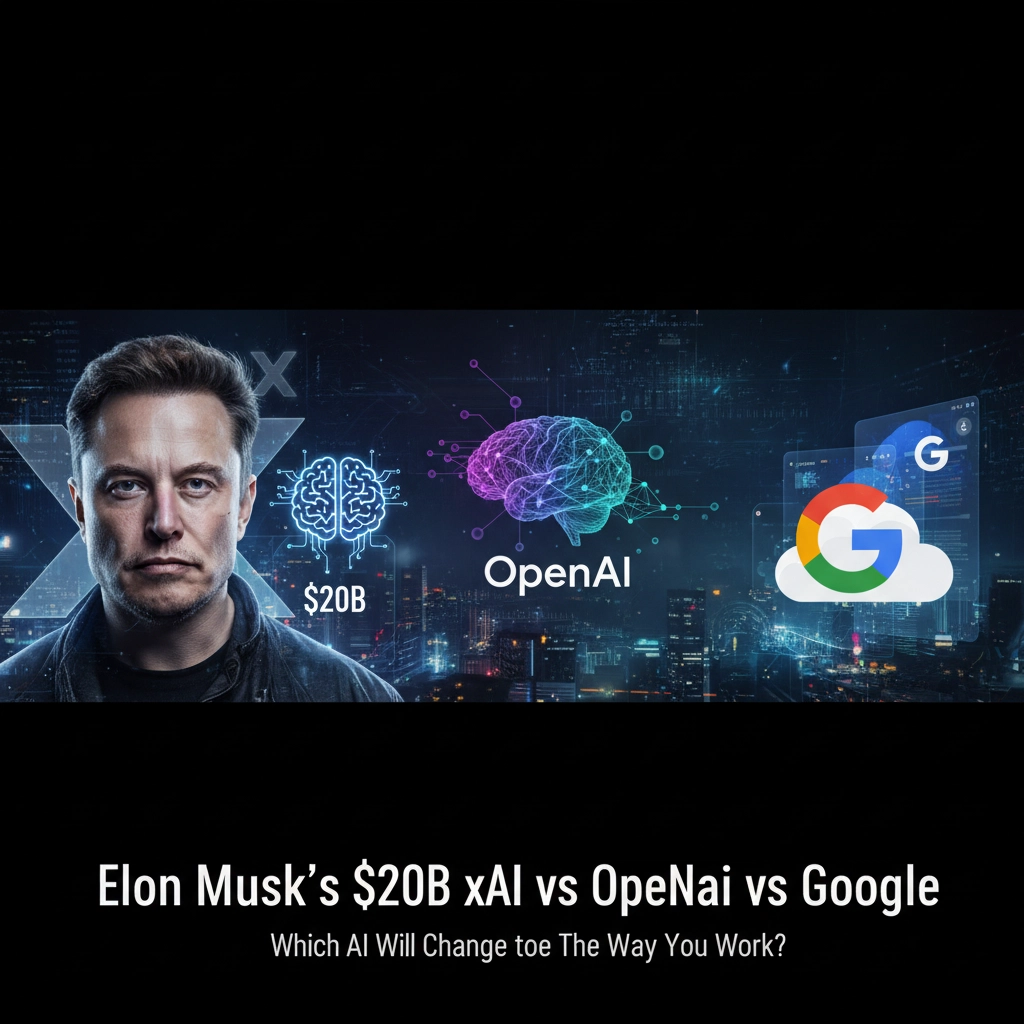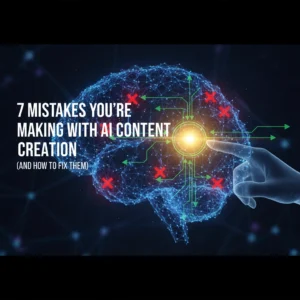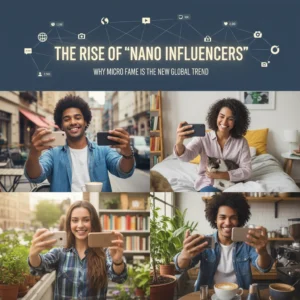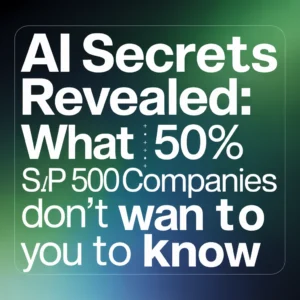Did you know that by the end of 2025, betting markets are giving Google a whopping 74% chance of having the best AI model, while Elon Musk's xAI sits at just 8%? But here's the thing – those numbers might not tell the whole story about which AI will actually transform your daily work life.
The AI wars are heating up faster than ever, and three titans are battling for control of your future workplace. Let's break down what's really happening behind the scenes and figure out which AI powerhouse deserves your attention (and maybe your job security).
The Current AI Landscape: Who's Winning Right Now?
OpenAI currently holds the crown with 38% of the AI market, while Google trails closely at 35%. But market share doesn't always predict who'll change how you work tomorrow.
OpenAI's ChatGPT has become the household name – like how we say "Google it" instead of "search it." Their models hit an impressive 98.3% accuracy rate in language processing, which means fewer "AI hallucinations" when you're asking it to write that important email or analyze data. Plus, they're crushing it in reinforcement learning with a 92% success rate for complex tasks.
Google, meanwhile, is playing the speed game. Their AI systems run 30% faster than OpenAI's, which matters big time if you're doing real-time analysis or need instant responses. They've also figured out how to train their models with 20% fewer data inputs – basically, they're more efficient learners.

But here's where it gets interesting. While these two giants duke it out, Elon Musk just dropped $20 billion into xAI like it's pocket change. That's not venture capital money – that's "I'm building the future and money is no object" money.
Elon Musk's xAI: The Wild Card That Could Change Everything
Remember when everyone laughed at Tesla? Or when SpaceX seemed impossible? Musk has this annoying habit of proving skeptics wrong, and xAI might be his biggest bet yet.
Here's what makes xAI different: they're not just building software. They're creating an entire ecosystem. Think about it – Musk controls Tesla (AI-powered cars), SpaceX (satellite internet and computing power), X/Twitter (real-world data), and now xAI. It's like he's building the infrastructure for AI domination from the ground up.
Their Grok AI chatbot is already integrated into X, giving it access to real-time conversations and trends. While ChatGPT and Google's Gemini are working with older training data, Grok is learning from what's happening right now. That's huge for staying current and relevant.
The $20 billion funding is going toward something called "Colossus Two" – a massive data center near Memphis that'll power next-generation AI models. We're talking about infrastructure that could make current AI systems look like dial-up internet.
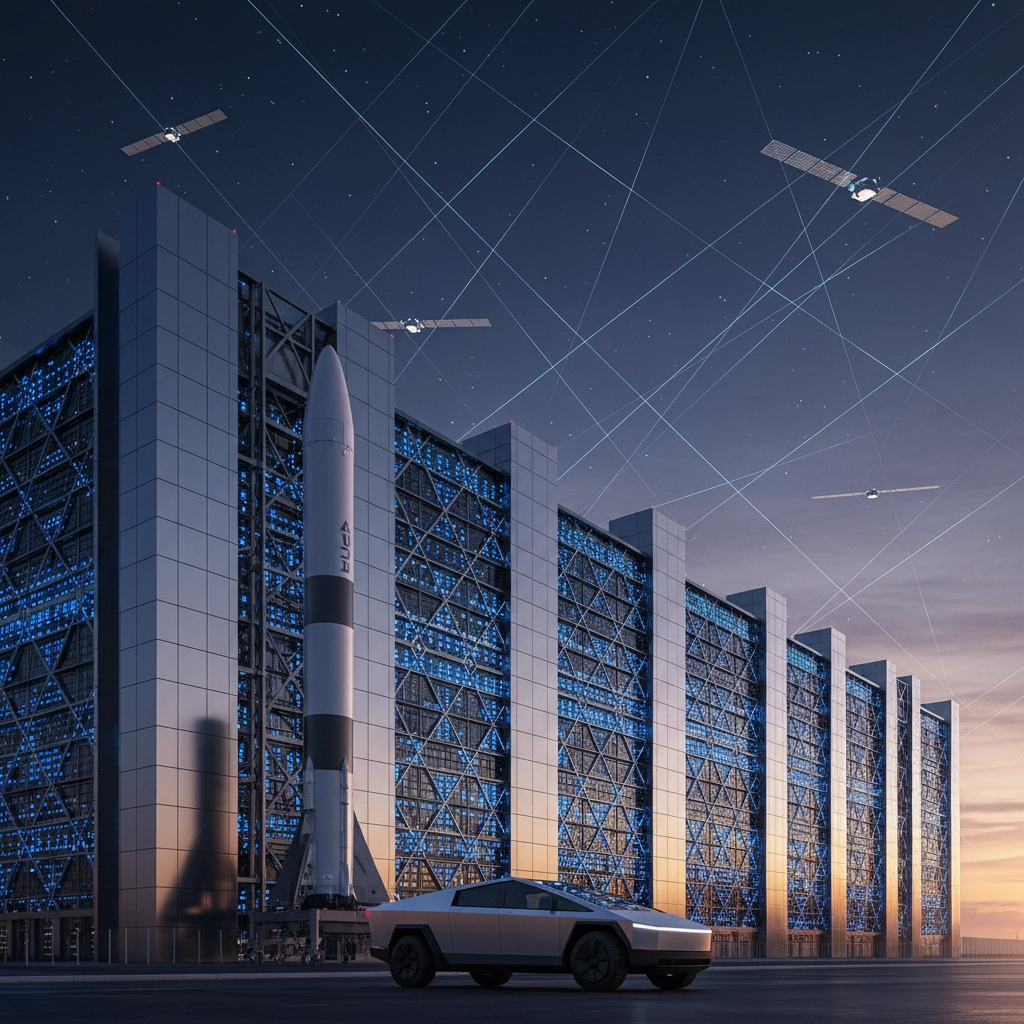
What This Means for Your Actual Job
Let's get practical. How will these AI titans actually change your work day?
If you're in creative fields: OpenAI's precision makes it perfect for content creation, writing, and detailed analysis. That 98.3% accuracy means you can trust it more with important projects.
If you work with real-time data: Google's speed advantage is crucial. Whether you're in finance, logistics, or any field where seconds matter, that 30% speed boost could be the difference between profit and loss.
If you want to future-proof your career: xAI represents the biggest unknown. Musk's track record suggests they might leapfrog everyone with something completely different.
Here's a story that might sound familiar: Sarah, a marketing manager at a mid-size company, started using ChatGPT for brainstorming campaign ideas. It worked great, but she noticed delays when trying to incorporate trending topics. Then she tried Grok for real-time social media insights while using Google's tools for quick data processing. Suddenly, she wasn't just using one AI – she was orchestrating multiple AI systems like a conductor with an orchestra.
The Plot Twist: Maybe Competition Is the Real Winner
Here's what the experts aren't talking about enough – 75% of developers are already using multiple AI APIs. They're not picking sides; they're using each AI for what it does best.
This AI competition might be the best thing that ever happened to workers. Instead of one company controlling everything, we're getting:
• Better prices as companies compete for users
• Faster innovation as each tries to outdo the others
• Specialized solutions instead of one-size-fits-all approaches
• More choices for different types of work and industries
The real question isn't which AI will win – it's how quickly you'll adapt to using all of them strategically.
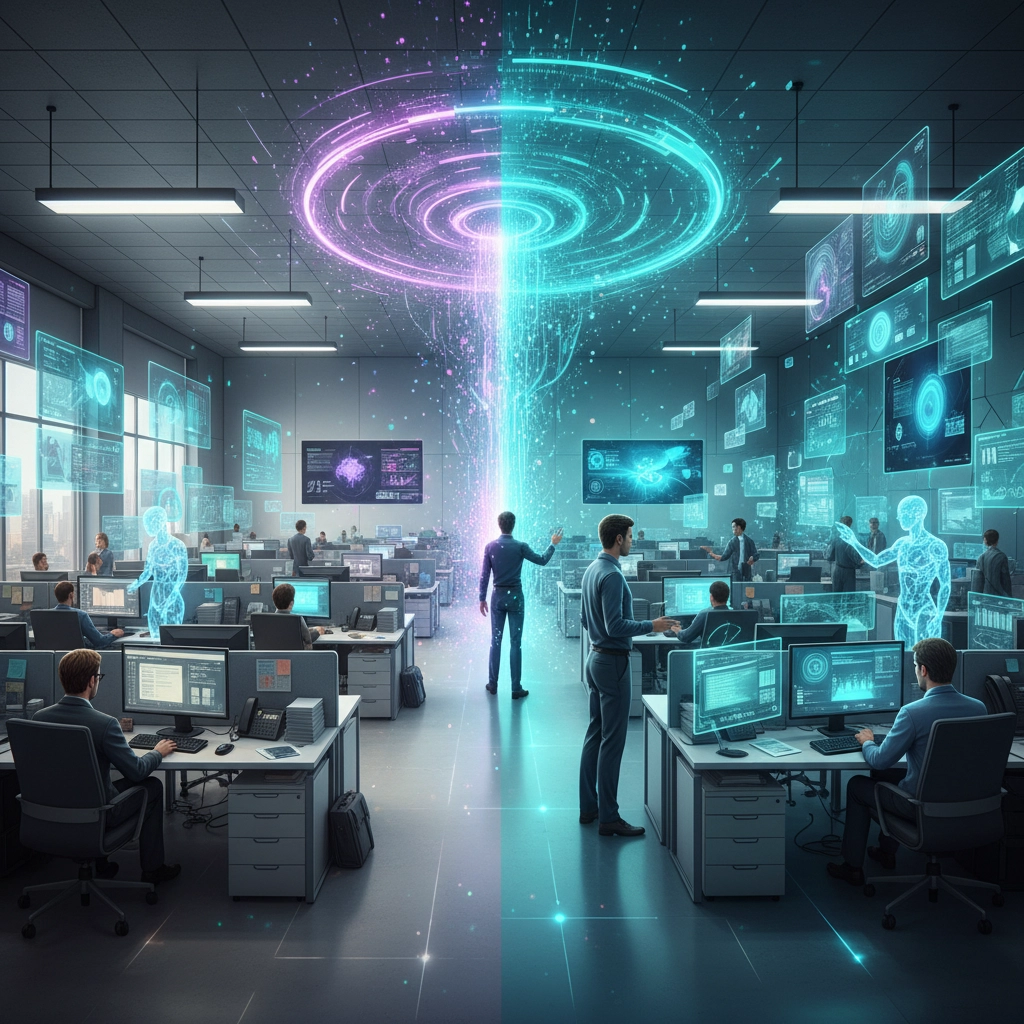
Looking Ahead: The 2025 AI Workplace Revolution
By the end of 2025, your work life will probably involve multiple AI assistants, each handling different tasks. OpenAI for detailed analysis and creative work. Google for quick, real-time processing. Maybe xAI for cutting-edge features we haven't even imagined yet.
The companies that'll thrive are those that embrace this multi-AI approach rather than betting everything on one horse. Same goes for individual workers – the ones who learn to leverage different AI strengths will have a massive advantage over those who stick to just one platform.
Musk's $20 billion investment isn't just about building better AI – it's about creating an alternative universe where one person doesn't control all the AI infrastructure. Whether you trust Musk or not, competition keeps everyone honest and innovative.
The betting odds might favor Google at 74%, but remember – people also bet against Tesla, SpaceX, and every other "impossible" Musk venture. Sometimes the 8% longshot turns out to be the game changer.
So here's the million-dollar question: Are you ready to stop thinking about AI as a single tool and start treating it like the diverse ecosystem it's becoming? Because that mindset shift might just be the difference between getting left behind and leading the AI revolution at your workplace.

